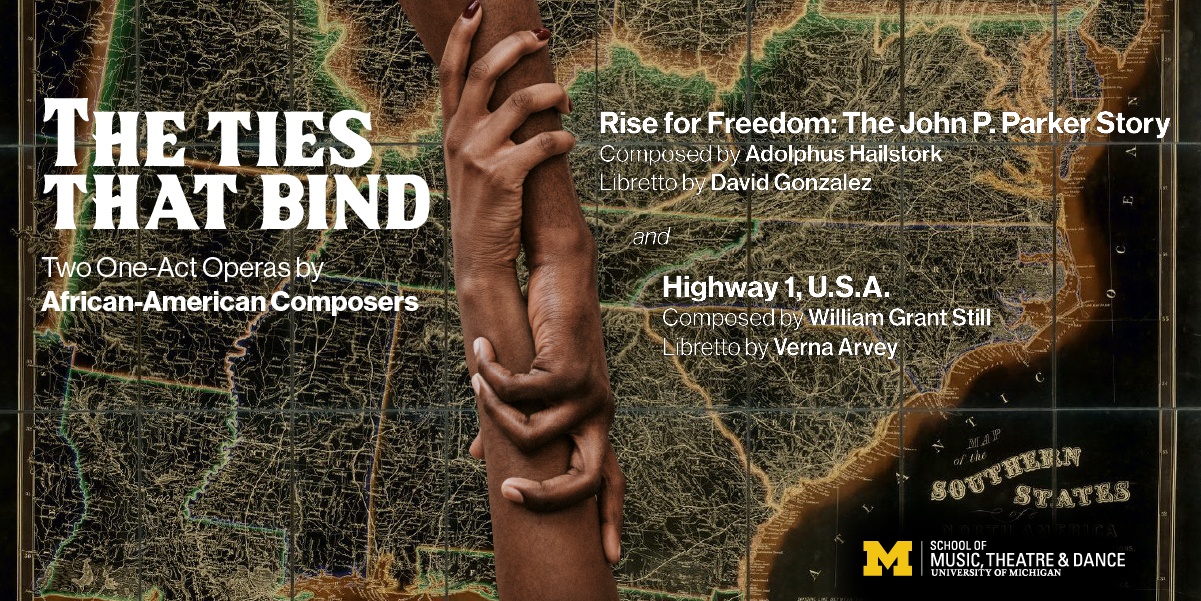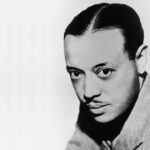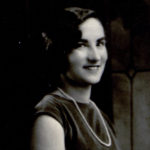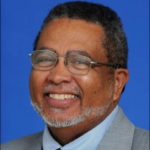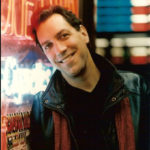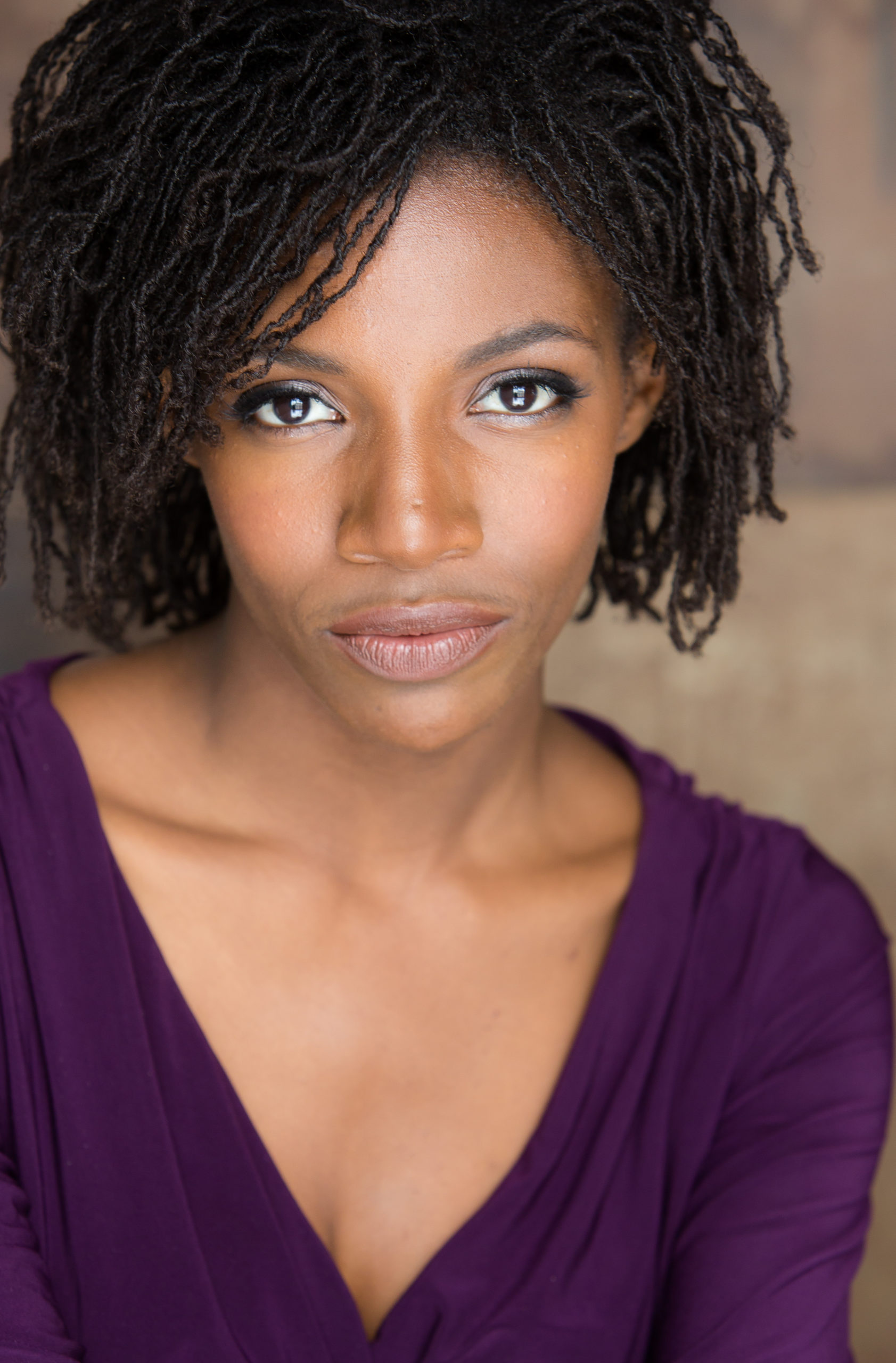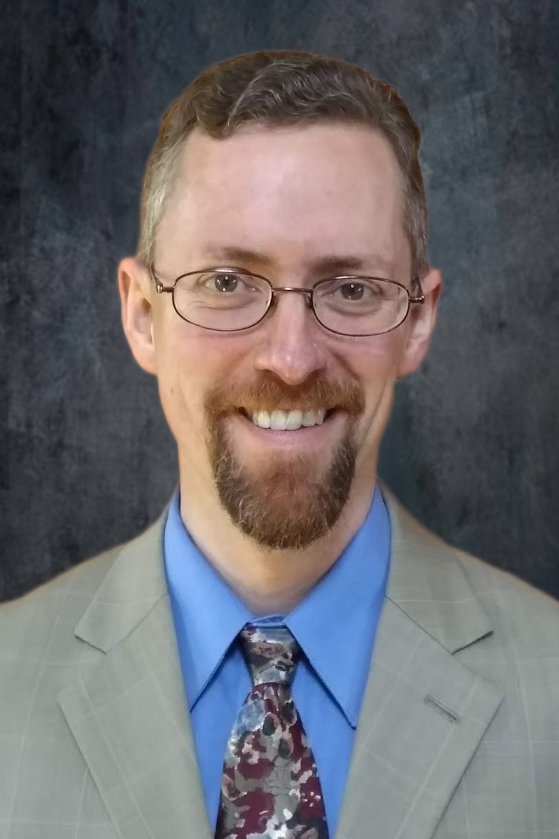The University of Michigan School of Music, Theatre & Dance (SMTD) was to stage two rarely performed one-act operatic gems written by Black American composers. While all performances of “Ties That Bind” have been canceled due to recent multiple breakthrough cases of COVID, the significance of the performance remains. Together, this pair of operas elevates voices that are underrepresented in the operatic canon and reinforces SMTD’s commitment to fostering diversity, equity, and inclusion in its climate and curricula.
We regret that all performances of “Ties That Bind” have been canceled due to recent multiple breakthrough cases of COVID and apologize for any inconvenience this may cause. Ticket holders can obtain a refund, exchange their tickets for a different production, or donate the cost of their tickets to SMTD, depending on their preference. We ask that all ticket holders contact us via this form by March 31st—all remaining tickets after this date will be automatically refunded. Any questions regarding refunds, exchanges, or donations can be directed to smtdtickets@umich.edu.
The first work, Highway 1, U.S.A., composed by William Grant Still with a libretto by his wife, Verna Arvey, is an intimate family drama that pits brothers against each other in a battle motivated by love, jealousy, and greed. Highway 1 received its premiere in 1963 and was rarely staged thereafter until it was produced by the Opera Theatre of Saint Louis in 2021.
This production of the second work, Rise for Freedom: The John P. Parker Story, represents its academic premiere and its second staging ever. Composer Adolphus Hailstork and librettist David Gonzalez offer a dramatic rendering of the life of John P. Parker, an enslaved person who earned enough money to buy his freedom and then worked as an Underground Railroad conductor.
Noting the impactful nature of these performances, Kirk Severtson, professor of voice and music director for this production, shared his hope “that audiences will be moved by the very human stories told in both of these works, enriched and enhanced as they are by being told through such rich and expressive music. Attendees who are familiar with more traditional operas, and newcomers to opera alike, will find much to love in these works.”
Bringing these stories to life meant addressing the challenging nature of the subject matter. At the outset of the production, the full casts from both operas met as a group to talk through these topics. “We talked about the elephant in the room, a show that’s dealing with race and really culturally sensitive topics, and put everything out in the open,” noted Samantha Williams (SM ’22, voice), associate director of Rise for Freedom. “It really helped with getting everyone on the same page about what we’re interested in within this work, why we want to do this.”
Professors Naomi André (LSA Residential College, and author of Black Opera: History, Power, Engagement) and Louise Toppin (SMTD Department of Voice, and founder of the African Diaspora Music Project) converse with composer Adolphus Hailstork.
The students enthusiastically took on individual research for their characters to gain a deeper understanding of the context and the roles. “Once we started rehearsals,” Williams shared, “I saw people really diving into the research they are doing [for Rise for Freedom]. Because these are real characters and it’s based off of the real story of John Parker, people have just done wild amounts of research. I thought I had done enough research already, but they showed me things I didn’t yet know.” As to how that research has affected the production, Williams said, “everyone feels like they’re part of something important, and so it brings a different energy to rehearsals.”
The cast of Rise for Freedom also had the opportunity to meet with and learn from professionals currently working in opera, including one of this work’s creators, librettist Gonzalez. “It is an awesome opportunity for students – getting to work with modern music and with composers who are alive,” said Williams. “You can have a conversation with someone, and you can understand their passion behind the project. It makes me want to hold myself accountable to getting things right and understanding the vision.”
Professors Naomi André (LSA Residential College, and author of Black Opera: History, Power, Engagement) and Louise Toppin (SMTD Department of Voice, and founder of the African Diaspora Music Project) converse with librettist David Gonzalez.
With both of these performances, audiences can expect a departure from classical opera. Not only are they sung in English, but, as Williams explains, Rise for Freedom “has moments of southern dialect, and it’s not Mid-Atlantic-vaguely-British-English. Rather, it sounds incredibly American.”
The music in both operas is also noteworthy. Remarking on Rise for Freedom, Severtson shared that “the composer uses the full range of the modest orchestral forces: chamber-music passages with only a few instruments underneath the singers draw the listener into the story in an intimate way and allow us to focus on the human relationships at play, while passages with the full orchestra and full cast reinforce the breadth of community members’ assistance in the underground railroad.” Severtson expanded, “the final chord is one that the composer chose with specific intent: it is a major chord triumphantly sung by the community, combined with the clash of the minor tonality sung by the villains of the story. This complex, final sonority, signaling progress but also the unfinished work ahead, rings true for us in today’s society and seems an apt way to conclude.”
Severtson noted that, in Highway 1, “there’s much about the opera that will feel familiar or traditional: a lot of scenes in duet form draw our focus to the close family relationships; aria moments allow the characters to more fully express their inner thoughts; and chorus scenes paint the picture of close community bonds around the family.” He explained, “the musical language is richly expressive with Romantic harmonies, with frequent added notes and blues inflections to create a distinctive sound world, and, along with the myriad musical details that support the drama of the story, create an atmosphere that supports and inspires the singers to portray fleshed-out human beings rather than caricatures.”
These human characters bring to life the two stories through themes that reverberate today. When considering what she hopes audiences will take away from the Rise for Freedom performances, Williams said, “When reading through the script, I was struck because the story is about someone who was a force in the Underground Railroad, it’s set in the context of American slavery but it’s not really about slavery. It’s about purpose, activism, and being called to something greater than oneself.” Williams continued, “It echoes feelings my friends and I were having at the beginning of the pandemic, in the midst of the Black Lives Matter and George Floyd protests. There was kind of this moment, where protesting and resisting felt overwhelming and hope seemed dangerous. It almost seemed dangerous to expect for things to get better. What I love about this piece is that it conveys the bravery required to choose hope in the midst of injustice. It shows how that’s always been a part of our culture and history – certain people making a sacrifice and choosing to champion justice over their own specific comfort. That’s what has allowed us to get to this point, and to have the rights and abilities we have now. I think that theme is really important, and I hope it comes across to the audience.”
With these performances, U-M positions itself at the forefront of the opera community. Severtson reflected on the changes he sees taking shape: “The operatic art form is undergoing a long-overdue reckoning in this country, with greater attention being given to works by underrepresented creators, to stories previously untold on the operatic stage, and to a broader definition of what opera can and should be, and who can and should be involved in its creation and enjoyment. By participating in this production, the students in the cast and orchestra contribute in a tangible way to these larger trends.”
Williams, too, is encouraged by the changes she’s seeing in the diversity of operas that are being produced. “It’s really exciting that there is so much happening right now in this space,” she stated. “The Met is doing works by Black composers, which has never happened before. It feels like Michigan is particularly at a cool place – at the front edge of pushing Black music and Black opera forward.”
Cody M. Jones, doctoral candidate in the SMTD musicology program, captures the significance of these works in the performance program notes: “The world of Black opera is vibrant and growing. With these two productions, the University of Michigan is taking an important step forward to create a more equitable and representative stage for a larger group of people to see their histories, cultures, and communities represented and set to gorgeous and compelling music. By expanding and embracing the rich tradition of Black opera on its mainstage, the university grows and blossoms, too.” Read the entire program notes.

